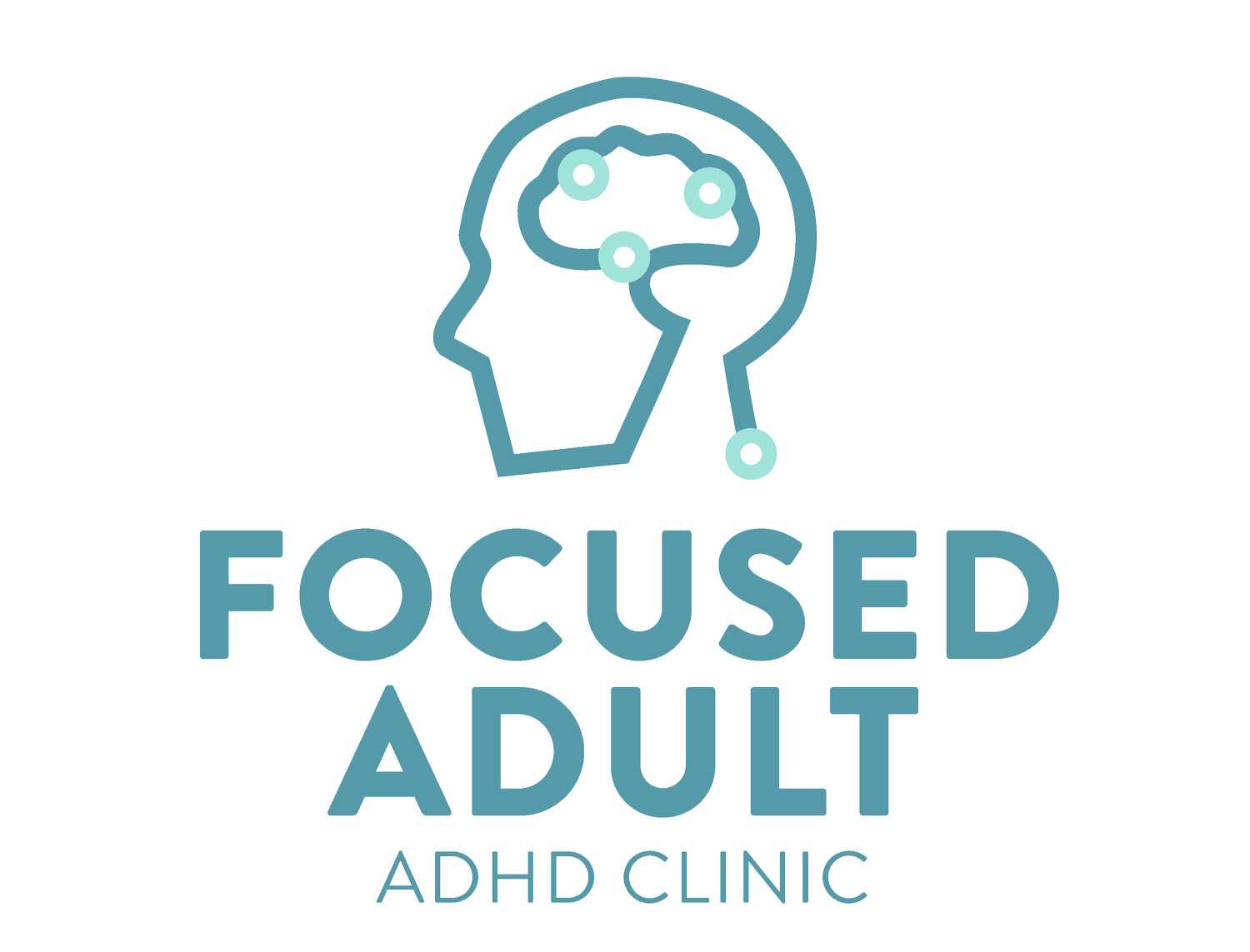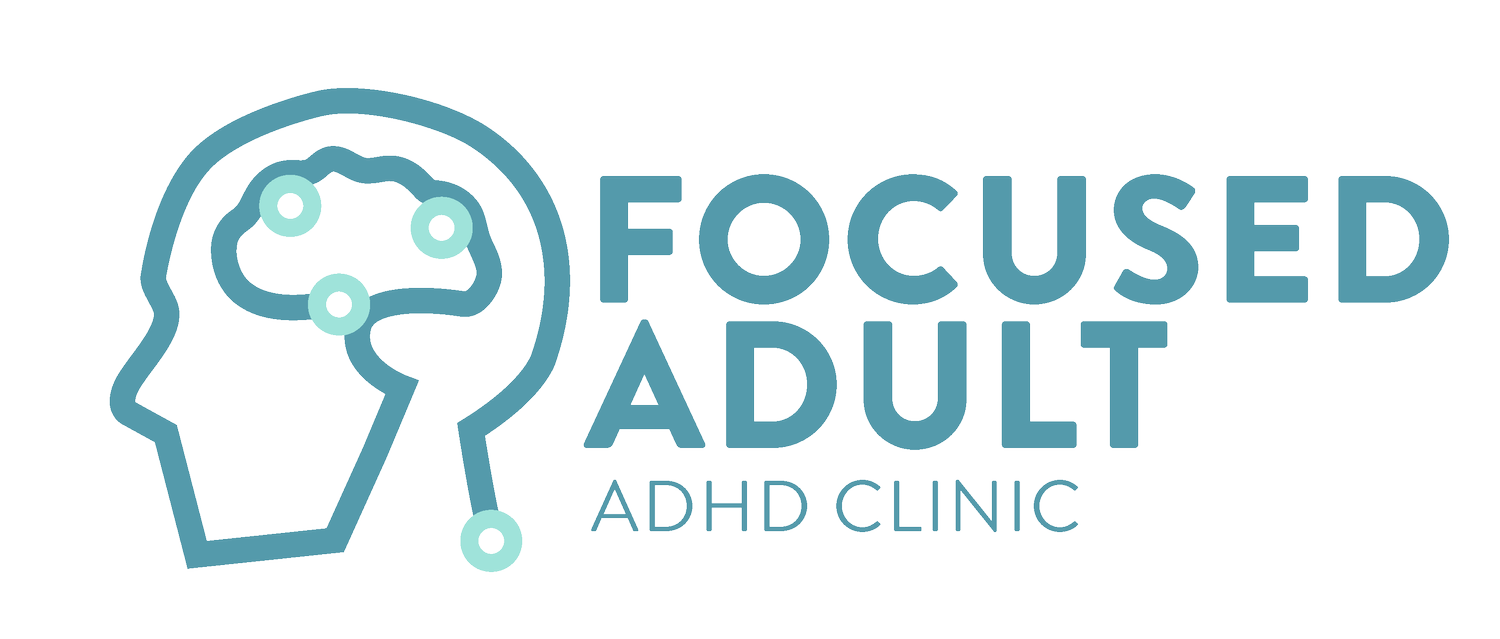How dietary changes can improve ADHD symptoms
While there is no evidence that ADHD is caused by a poor diet, research suggests dietary changes can help improve symptoms for some people. Looking at what you eat and how those foods impact your ADHD symptoms positively can make a real difference.
A well-balanced diet includes a variety of vegetables, fruits, proteins, fats, and carbohydrates and can be an effective complementary approach to alleviating some symptoms of ADHD.
Meal planning and cooking your meals are great ideas but can be a challenge for those with ADHD. Cooking for yourself or your family involves planning, preparation, time management, decision-making, and even cooking has several steps to create a meal. People with ADHD often find cooking to be frustrating and would instead order takeout which lacks important nutrients that help our bodies thrive.
Cooking at home makes it easy to know each ingredient that you’re putting into your meal. As well as using fresh and healthy ingredients that are low in fat, sugar, and salt without artificial ingredients and additives. Eating healthy foods can make ADHD symptoms easier to manage
We have suggestions on how eliminating a few key ingredients can help you manage your ADHD symptoms.
How Sugar can impact ADHD Symptoms
Blood sugar spikes are caused by eating sugary foods or ultra-processed grains and starches. And what follows is a blood sugar crash, which can influence the mood and the ability to focus and concentrate, as well as cause energy levels to fluctuate, both in people with ADHD and without.
Here are a few ways to curb your sugar intake-
Save sweets for later in the day when the focus is less important.
Eat regularly to minimize blood sugar highs and lows and lessen the likelihood of reaching for something sugary.
Reach for fruit when craving something sweet. Fruit still contains sugar, but it contains healthy nutrients and fiber to help minimize a blood sugar spike.
Cut back on artificial additives
The first step in avoiding additives is to read food ingredient labels until you’ve found a wide range of additive-free foods. Fresh, unprocessed foods are your best bet in most cases, as they contain few additives.
Watch for food sensitivities
Some children and adults have a sensitivity to artificial colors and preservatives. This sensitivity can be displayed in increased activity and more difficulty paying attention, regardless of an ADHD diagnosis.
Speak to your physician about taking a multivitamin and multimineral supplement, which may be especially helpful for picky eaters and people with nutrient deficiencies. If you have concerns about your nutrition and diet, your physician can refer you to a qualified nutrition specialist.
List of resources-
https://chadd.org/about-adhd/nutrition-and-adhd/
https://www.healthline.com/nutrition/nutrition-and-adhd
https://www.verywellhealth.com/sugar-and-adhd-what-you-should-know-5207992
https://chadd.org/adhd-weekly/what-your-food-isnt-telling-you-its-effects-on-adhd/


